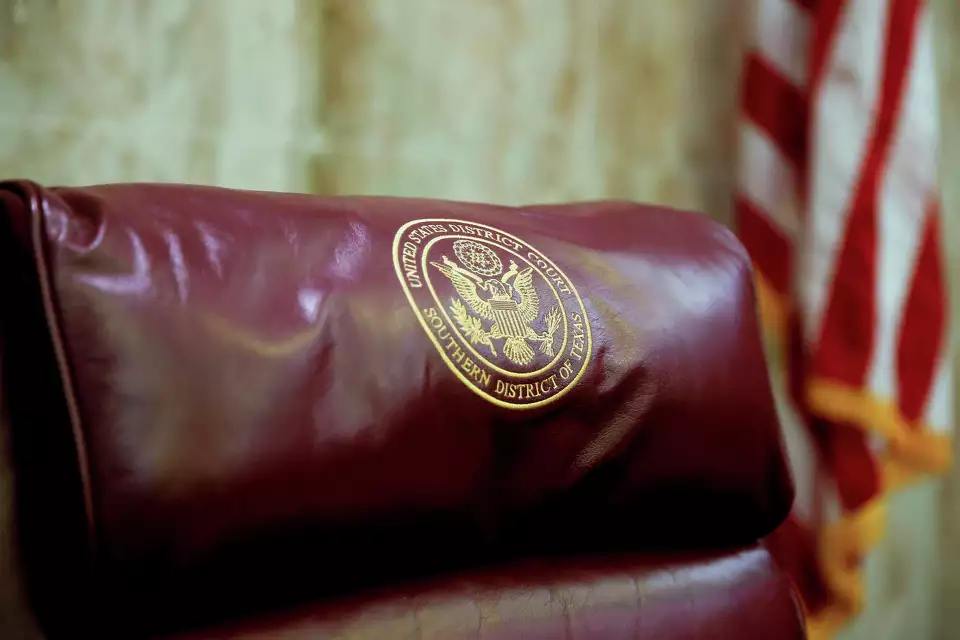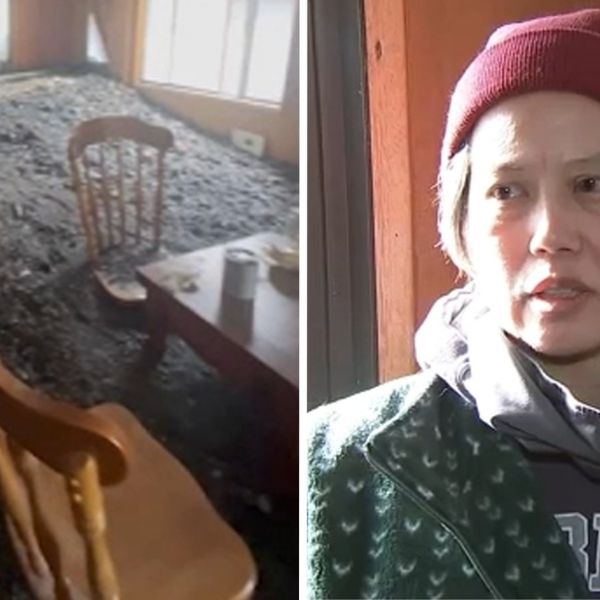Two Chinese citizens living in Texas have filed a federal lawsuit to stop a new state law that bans Chinese nationals and people from several other countries from buying or leasing property in Texas.
Filed July 3, the suit from Peng Wang and Qinlin Li — both in the U.S. on visas — calls Senate Bill 17 unconstitutional and racist. The law bars noncitizens from China, Iran, Russia, and North Korea from owning land in Texas. Supporters argue it protects the state from spying and foreign influence, while opponents say it fuels discrimination and fear.
U.S. District Judge Charles Eskridge said he plans to rule on the injunction before the law takes effect Sept. 1.
The plaintiffs argue the law discriminates based on race and ethnicity and creates fear among Chinese residents, even those living in Texas legally. “Chinese people in this state of Texas will be terrified of so much as renting a place to live… It is a state jail felony, and they can end up in jail for up to two years,” said Justin Sadowsky, lead counsel for the Chinese American Legal Defense Alliance.
The lawsuit also contends SB 17 is preempted by federal processes for reviewing real estate deals tied to national security.
Wang, who has lived in Texas for 16 years and is studying for a Master of Divinity degree in Fort Worth, says he could be forced to leave if he can’t lease housing for more than a year — a common rental term in his area. Li, a recent Texas A&M engineering graduate designing wastewater treatment plants, wants to buy property in multiple Texas cities for career flexibility but says SB 17 blocks her plans.
Both plan to stay in the U.S. legally but have no clear path to permanent residency.
The Texas Attorney General’s office argues the law uses the state’s “police powers” to prevent hostile governments from gaining influence and says Wang and Li would not be affected because they are in Texas lawfully. The plaintiffs counter that the law hinges on domicile, which student and work visa holders cannot claim in Texas.
Judge Eskridge denied a preliminary injunction in July but set arguments for Aug. 14. The plaintiffs seek class-action status to represent all noncitizens targeted by SB 17.
Texas passed SB 17 this year after a similar bill failed in 2023, becoming the 28th state to restrict foreign land ownership. Opponents point to racist stereotypes, while supporters cite national security.
USDA data shows Chinese investors owned or leased about 277,336 acres of U.S. agricultural land in 2023 — 123,078 acres in Texas, mostly tied to wind energy. By comparison, Canadians hold 15.3 million acres, while the Netherlands, Italy, the U.K., and Germany collectively own 13 million acres.















Leave a Reply